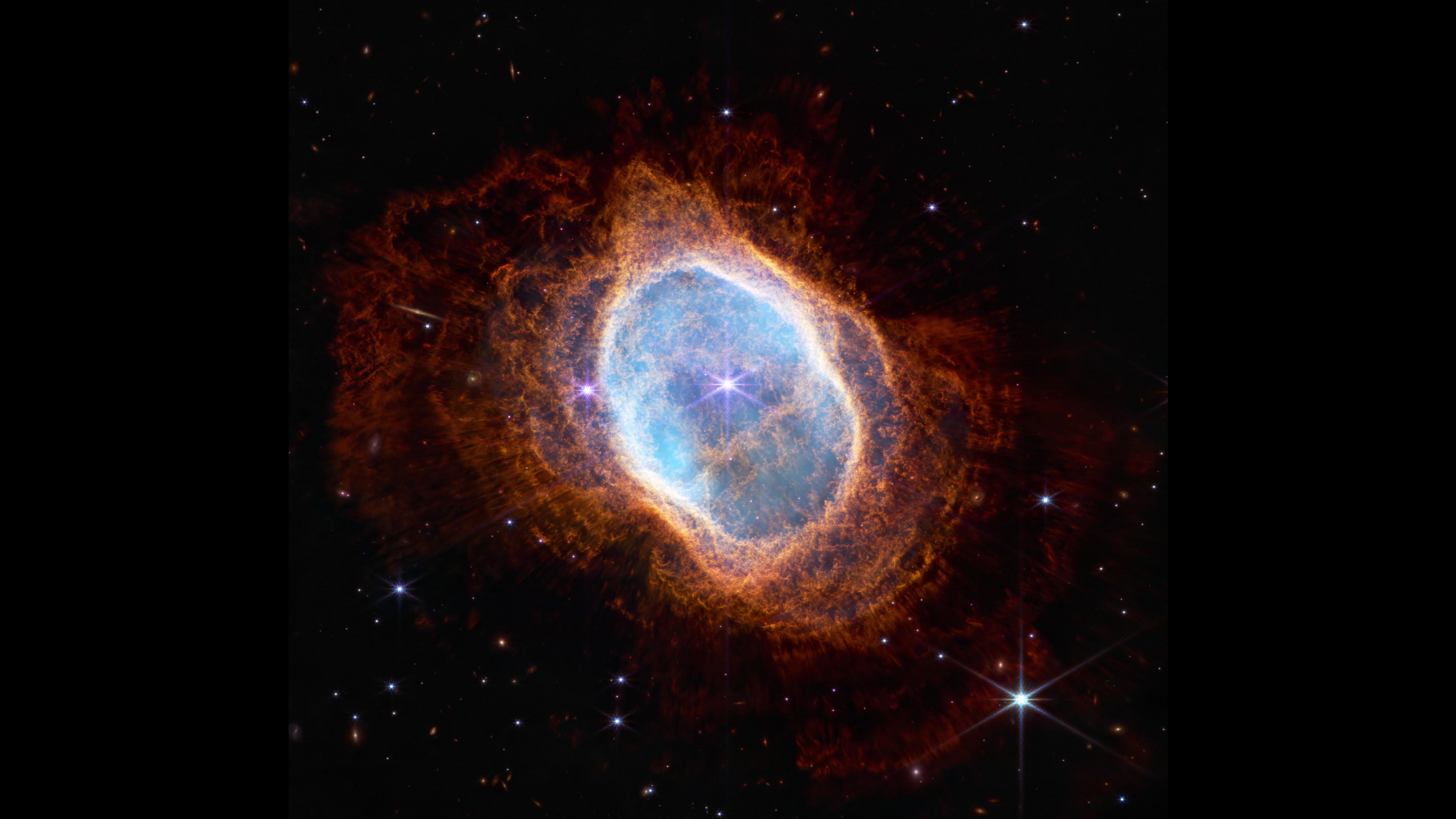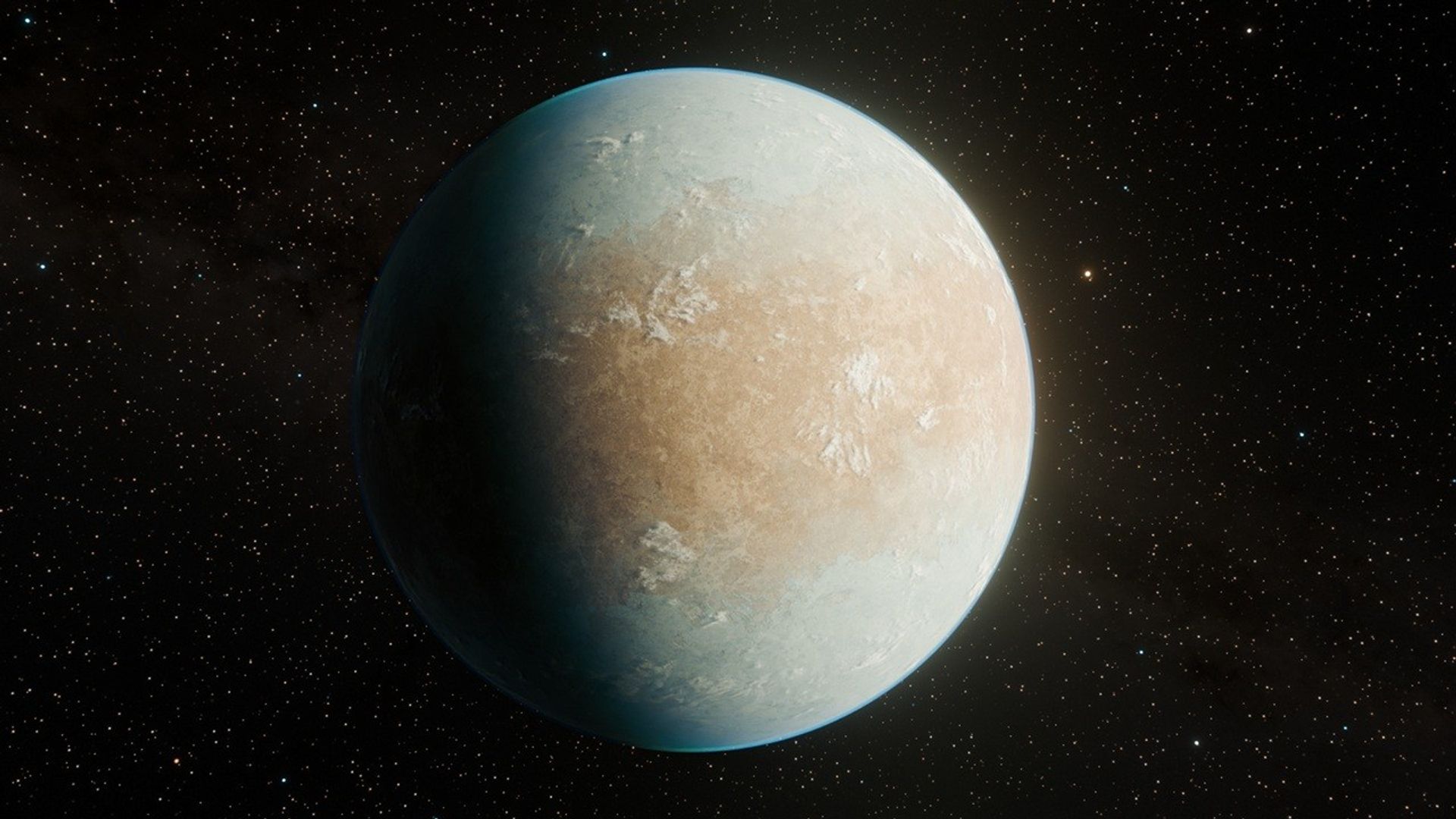James Webb Space Telescope documentary premieres tonight, complete with heralded new images

Breaking space news, the latest updates on rocket launches, skywatching events and more!
You are now subscribed
Your newsletter sign-up was successful
Want to add more newsletters?

Delivered daily
Daily Newsletter
Breaking space news, the latest updates on rocket launches, skywatching events and more!

Once a month
Watch This Space
Sign up to our monthly entertainment newsletter to keep up with all our coverage of the latest sci-fi and space movies, tv shows, games and books.

Once a week
Night Sky This Week
Discover this week's must-see night sky events, moon phases, and stunning astrophotos. Sign up for our skywatching newsletter and explore the universe with us!

Twice a month
Strange New Words
Space.com's Sci-Fi Reader's Club. Read a sci-fi short story every month and join a virtual community of fellow science fiction fans!
A new PBS documentary explores the two decades of teamwork it took to get NASA's $10 billion deep space observatory ready for science.
Just one day after the James Webb Space Telescope consortium released the observatory's first science-quality images to the public, "Ultimate Space Telescope" premieres today (July 13) at 9 p.m. EDT (8 p.m. CDT) on NOVA, at PBS.org/nova, NOVA on YouTube, and on the PBS Video App,
"The special takes viewers behind the scenes through the eyes of the engineers and scientists who have dedicated years — some even decades — of their lives to getting Webb off the ground," PBS officials wrote in a statement.
The film will include the images NASA showcased yesterday, as well as reactions to them from scientists and engineers who have worked on the project.
Live updates: NASA's James Webb Space Telescope mission
Related: How the James Webb Space Telescope works in pictures
NOVA will discuss Webb's capabilities with reference to its still-active predecessor, the Hubble Space Telescope. Among Hubble's decades of work was a set of deep field images showing galaxies at an early stage of the universe.
"As astronomers scoured the Hubble deep field, they noticed strange, red amorphous galaxies," PBS said of one of the set of multi-day images. "These ancient galaxies were detected in infrared light. It was a groundbreaking discovery, but Hubble just scratched the surface."
Breaking space news, the latest updates on rocket launches, skywatching events and more!
U.S. President Joe Biden unveiled Webb's first deep-field image — a stunning view of too many galaxies to count — on Monday (July 10).
Webb, PBS noted, will be better optimized to look at these early galaxies because they are so redshifted, or moving rapidly away from us at a pace stretching their light into the red edge of the spectrum. Since Webb is optimized to study objects in infrared light, it will shed new information on these galaxies.
But as the new documentary notes, getting the telescope ready for this work took much longer than anticipated.
"Originally scheduled to launch in 2007, [Webb] was met with a number of delays," PBS stated. "By 2011, Congress threatened to cancel the mission, citing cost overruns. In 2017, Hurricane Harvey devastated the city of Houston, severely impairing the scientists' access to power and electricity just as they were putting the telescope through a crucial set of tests — yet, they were able to persevere."
The film then brings viewers to the present day, including the epic 2021 launch, the complex deployment sequence that happened in a near-flawless cadence, and footage from the new operational images.
A follow-up documentary about Webb's early discoveries will premiere on NOVA in 2023, PBS added. "That film will delve even deeper into Webb's discoveries —following its developments in the upcoming months — and reveal what they could mean for our understanding of the universe."
Follow Elizabeth Howell on Twitter @howellspace. Follow us on Twitter @Spacedotcom and on Facebook.

Elizabeth Howell (she/her), Ph.D., was a staff writer in the spaceflight channel between 2022 and 2024 specializing in Canadian space news. She was contributing writer for Space.com for 10 years from 2012 to 2024. Elizabeth's reporting includes multiple exclusives with the White House, leading world coverage about a lost-and-found space tomato on the International Space Station, witnessing five human spaceflight launches on two continents, flying parabolic, working inside a spacesuit, and participating in a simulated Mars mission. Her latest book, "Why Am I Taller?" (ECW Press, 2022) is co-written with astronaut Dave Williams.
